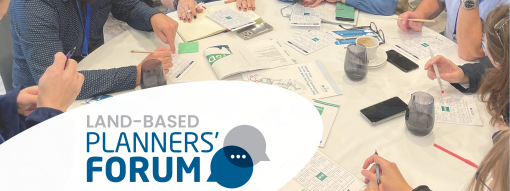Stakeholder Involvement in Long-term Maritime Spatial Planning
The Baltic LINes project aims to facilitate transnational harmonization of linear infrastructure in shipping and energy sectors in the Baltic Sea Region’s national maritime spatial plans. The involvement of national stakeholders and their knowledge, experience, and long-term vision for the future are of great importance in achieving the project’s goals. Therefore, during the Service’s implementation, active cooperation and involvement of stakeholders resulted in the identification of critical issues in the shipping and energy sectors, and agreement on the most optimal scenario for Latvian maritime spatial planning in these sectors.
Examples are provided to illustrate and describe the approaches used in communication and cooperation process of shipping and energy sectoral representatives.
The presented approach enhanced the capacity, readiness and openness of Latvian stakeholders to participate in transnational maritime spatial planning discussions and increased their ability to assess the sectors’ long-term development. This material also presents the results of the scenario development process and identification of sectoral critical issues and proposals to solve the identified critical issues as well as proposals for future engagement.
The involvement of sector representatives was organized on the basis of two main workstreams, first, to develop evidence-based future scenarios for the energy and shipping sectors within the framework of MSP, and, second, to identify the most important issues of the shipping and energy sectors in Latvia within the framework of the MSP at pan-Baltic level. To implement both workstreams, various communication and sector representatives’ involvement methods were used, which are described in the material.



